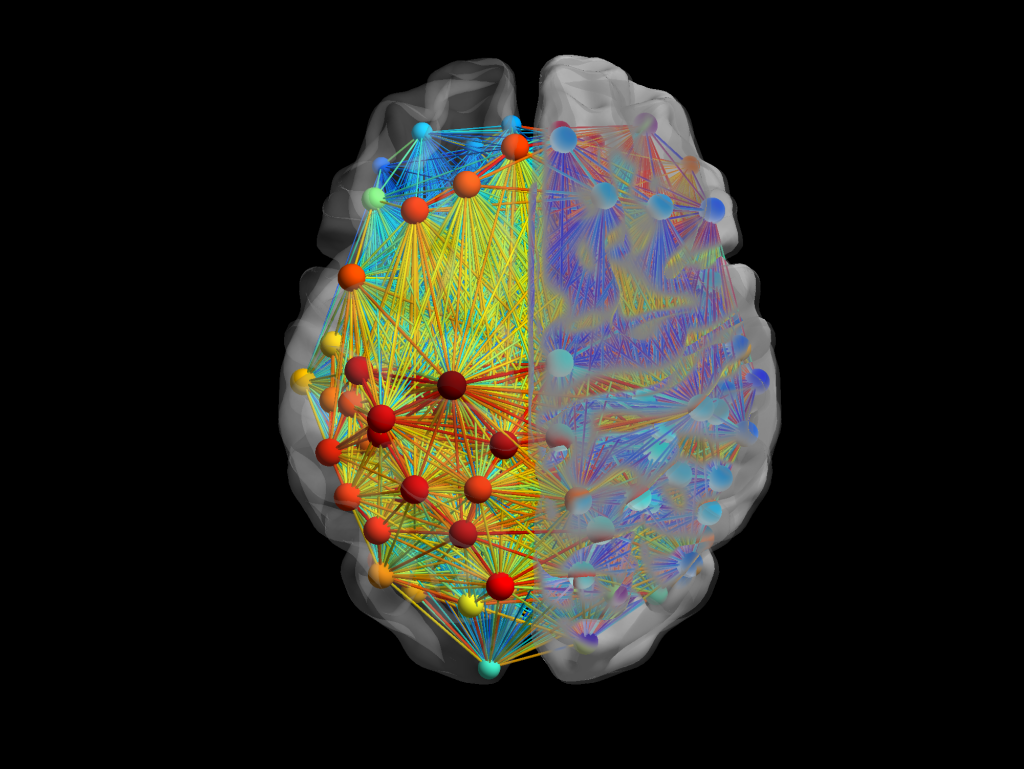2.5 Language
Language is extremely important to the experience of conflict and for conflict management. For example, as we learned in the reading “Perception and stories” (Topic 2.1), conflict stories are an important way of making sense of a conflict situation and of course, stories are made up by language. Furthermore, producing and perceiving language are essential components of communication. Miscommunication and lack of communication frequently cause or at least contribute to conflict. Additionally, effective communication, requiring effective use of language, is important for managing and resolving conflict. This section will consider language and how our language may be influenced by other cognitive processes and vice versa and thereby affect people’s perceptions, conflict narratives, and communication, as well as our brains and bodies. For some basics on language as a cognition, you may want to watch Language: Crash Course Psychology #16 [10:02]:
In the following section, we want to explore the question of how language may affect our perceptions and thoughts. As an introduction to this question, please watch the following video [14:13]:
As Lera Boroditsky explains in her presentation, language affects how people think, feel and behave and some of the points made in the video are relevant to understanding and managing conflict. For example, you learned that language can affect how we lay blame in situations where damage or harm occurred (e.g. the example of the broken vase). We will revisit this example later in this eBook (in Chapter 5).
How Language Can Shape the Way we Perceive, Think, and Behave: An Example from the German Language
Lera Boroditsky noted in her presentation that the use of different genders in a language influences people’s thoughts and feelings (she used the example of the sun, being feminine in German and masculine in Spanish, and the moon, being masculine in German and feminine in Spanish and how these uses of genders for objects influences our thinking and feeling about the objects). In fact, the German language uses three different genders (masculine, feminine and neutral) to refer to objects, people, professions, roles, etc. For example, the English term “teacher” translates to both “Lehrer” (masculine) and “die Lehrerin” (feminine) [similarly, the French language distinguishes between “maitre” and “maitresse”, the Spanish language between “el profesor” and “la profesora”, etc; depending on which languages you are familiar with yourself, you may have other examples]. In the German day-to-day language, nearly all references to professions and groups of people use the masculine version of each term (this grammar rule is called “generic masculine”). For example, a group of teachers is referred to as “Lehrer” (the plural of the male single word “Lehrer”), which is intended to include both male teachers and female teachers (the exact plural version for the female teacher would have been “Lehrerinnen”).
However, while females are theoretically meant to be included in any generic masculine, research has shown that the use of masculine terminology has an impact on people’s perceptions and thinking. For example, when asked to list sports and music stars, students in a study were much more likely to think only about male stars when prompted with the German generic masculine of the terms “athletes” and “musicians” than when prompted with both male and female versions of these words (Lesch, 2021). Another study investigated whether the use of language may affect people’s profession and career choices (Lesch, 2021). The study found that female students who had learned about various professions through both masculine and feminine terminology were much more likely to indicate their interest in stereotypical male professions than those who were introduced to the profession by way of the generic masculine.
Other research supports the idea that individuals from different cultures develop unique language processing strategies that affect behaviour, specifically in the conflict resolution context. Research by McCarthy et al. (2008) found differences in both language comprehension time and EEG-measured responses of native English-speaking American participants and native German-speaking German participants.
The researchers concluded that “the lexicology and grammar of a language have a role beyond the traditional one of determining how speakers conceptualise the world around them. Language is acted upon by the internal framework of the brain. To understand the nature of conflict at the level of observed behavioural differences, we should also understand the micro-language processing strategies that may underlie these differences. This study demonstrates that social neuroscience may provide a new way of understanding micro-processes in cross-cultural negotiations and conflict resolution.” (p. 7).

Reflection Activity
Please spend a few minutes to think about an example of how language can affect an individual’s thoughts, feelings and/or behaviour. Please keep your notes somewhere safe, since you might want to refer to them later.

